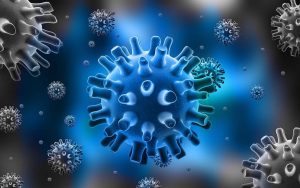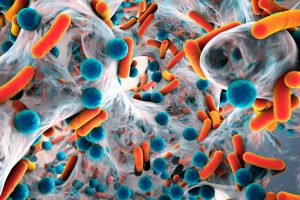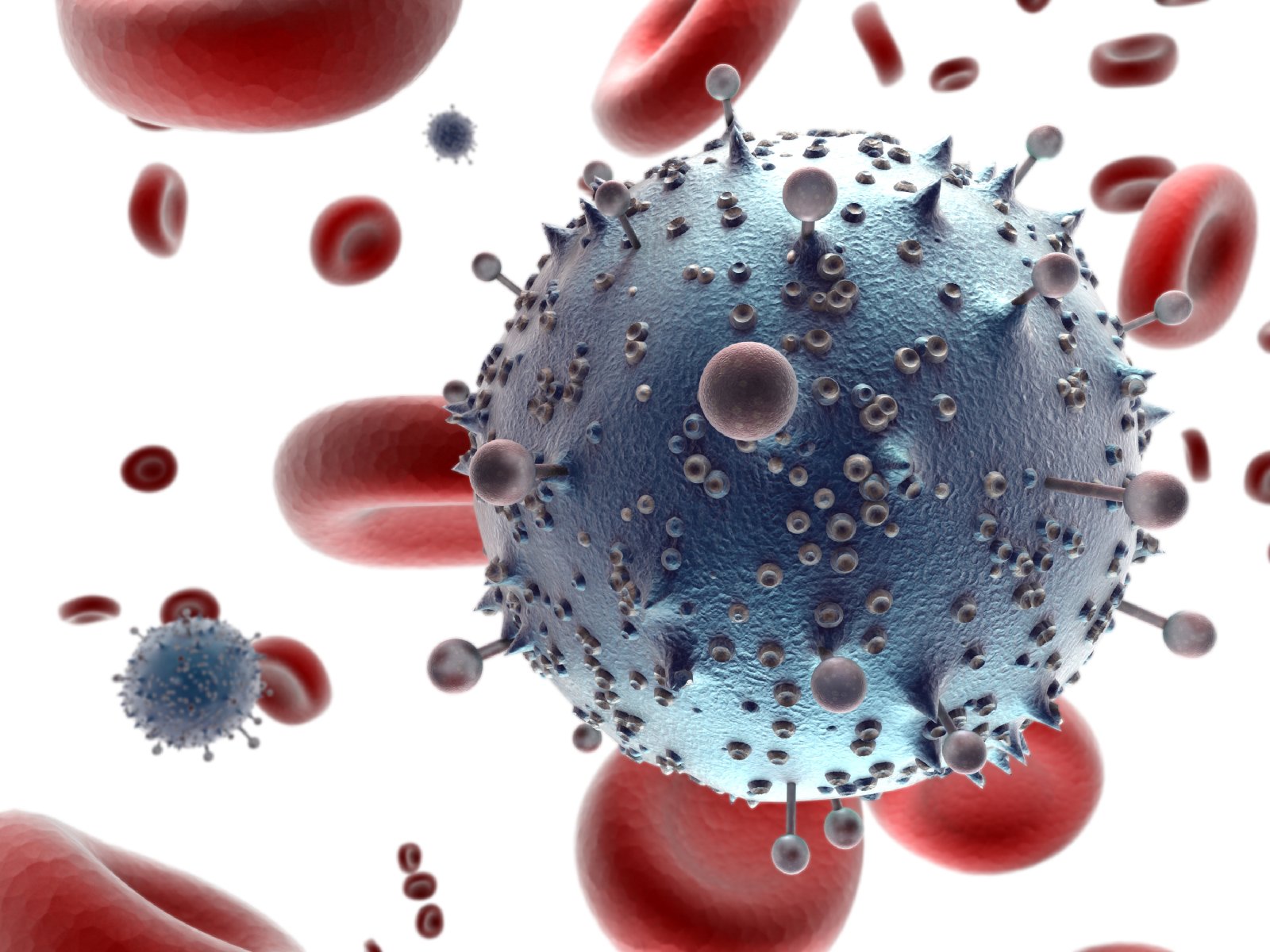Everyone knows what STIs are, how they get infected and how dangerous they are. However, the problem of timely detection and treatment of sexually transmitted infections remains unresolved. Why? The fact is that most people underestimate the danger of the consequences of STIs or are sure that this problem will not affect them.
To protect yourself from STIs, there are a few important things to remember:
First, condom use is not a 100% guarantee. For example, the particles of the hepatitis B virus are so small that they can easily cross the barrier.
Secondly, the use of emergency methods of prevention is not a reliable way to protect against STIs, and sometimes it can even harm, since infectious agents “hide” and will not be detected during examination, which means that the correct treatment cannot be prescribed.
Thirdly, STIs often go on without any manifestations! This means that if the partner is not examined, then he may not even be aware of the disease and will continue to spread the infection. Sometimes such a situation arises: discharge appears, slight itching and disappears after a few days. This is regarded as “a healthy and strong immune system that has cleared the infection on its own. But in fact, the infection has penetrated deep into the tissues, which can lead to serious consequences. The same thing happens with self-medication.
Conclusion: given the insidiousness of most infections, which manifests itself in the absence of signs, it is necessary to be examined for STIs:
if there are suspicious symptoms in the presence of a permanent partner;
mandatory when a new partner appears.
What are the preferred research methods?
PCR diagnostics – to detect chlamydia, gonorrhea, trichomoniasis, genital mycoplasma, herpes viruses. Scraping from the genital tract is examined (performed as a regular smear) no earlier than 10-14 days after unprotected intercourse. Infections often act together, therefore, several infections are excluded simultaneously as part of complex studies: PCR-6, PCR-12, PCR-15.
Blood for antibodies – a screening test for the detection of HIV, hepatitis B and C, syphilis (HOSPITAL COMPLEX). The study is carried out one month after a suspicious contact, and then every 3 months during the year if a negative result is obtained, since the immune system reacts to the infection individually, depending on the initial state of immunity and the aggressiveness of the microorganism.
What will happen if you do not get tested for STIs in a timely manner?
Most STIs act intracellularly: they make the body “work for itself”, integrating into the cells of the body. The lack of manifestation is a cunning defense mechanism of microbes. The action of STI pathogens can be local, when only the genitals are affected; and general – when the whole organism is involved. Chronic diseases of the pelvic organs lead to the formation of adhesions and / or impaired fertility (the ability to have children).
So, the long-term consequences of STIs https://en.wikipedia.org/wiki/Sexually_transmitted_infection:
Female and male infertility
Miscarriage
Intrauterine fetal infections during pregnancy
Remember that timely examination and treatment allows you to avoid the consequences of STIs and live a full life!
